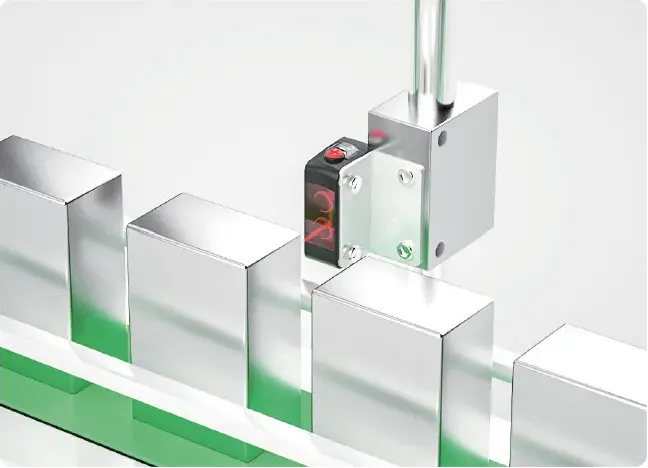Jan . 20, 2025 03:56 Back to list
Lidar Scanning


Authoritativeness of Forensic Laser Scanning The authority of forensic laser scanning is evidenced by its growing acceptance in courtrooms around the globe. Judges and juries rely on its accurate visualizations to grasp complex scenarios swiftly. By providing precise reconstructions of events, this technology ensures that interpretation errors are minimized, thus reinforcing the integrity of the legal process. Academic and industry research consistently vouches for the reliability of laser-aided analysis, lending this technology authority. Countless publications highlight its steadfast application across various domains, cementing its role as a foundational pillar of modern forensic science. Trustworthiness in Crime Scene Investigations Trust in forensic laser scanning technology solidifies as it continually delivers irrefutable evidence in sensitive cases. Its reputation for non-invasive and non-destructive data acquisition means that original evidence is preserved in its entirety, maintaining trust amongst law enforcement, legal entities, and the public. Every deployment in a crime scene investigation demonstrates a commitment to precision and objectivity, which are essential pillars in the quest for justice. Trust arises from a proven track record of success, with case studies showcasing the critical role laser scanning played in solving complex crimes. To conclude, forensic laser scanning stands at the forefront of cutting-edge criminal investigation tools. Its innovative nature reshapes traditional investigation paradigms while upholding the highest standards of evidence collection and analysis. The blend of experience, expertise, authority, and trustworthiness it offers ensures that justice is served with unmatched precision and reliability.
-
Why Steel Mills Rely on FODA’s High-Temperature Cylindrical Roller Bearings?
NewsApr.10,2025
-
What is a Plain Bearing? A Complete Guide to Design & Functionality
NewsApr.10,2025
-
Thrust Ball Bearings vs. Tapered Roller Bearings: FODA’s Performance Comparison
NewsApr.10,2025
-
The Engineering Behind FODA Thrust Ball Bearings: Precision for High-Speed Applications
NewsApr.10,2025
-
No More Compromises: Get Precision-Engineered Custom Bearings Tailored to Your Exact Specifications
NewsApr.10,2025
-
In-Depth Analysis: Application Differences of Different Types of Angular Contact Ball Bearings
NewsApr.10,2025
Products categories
















